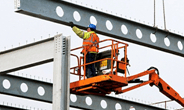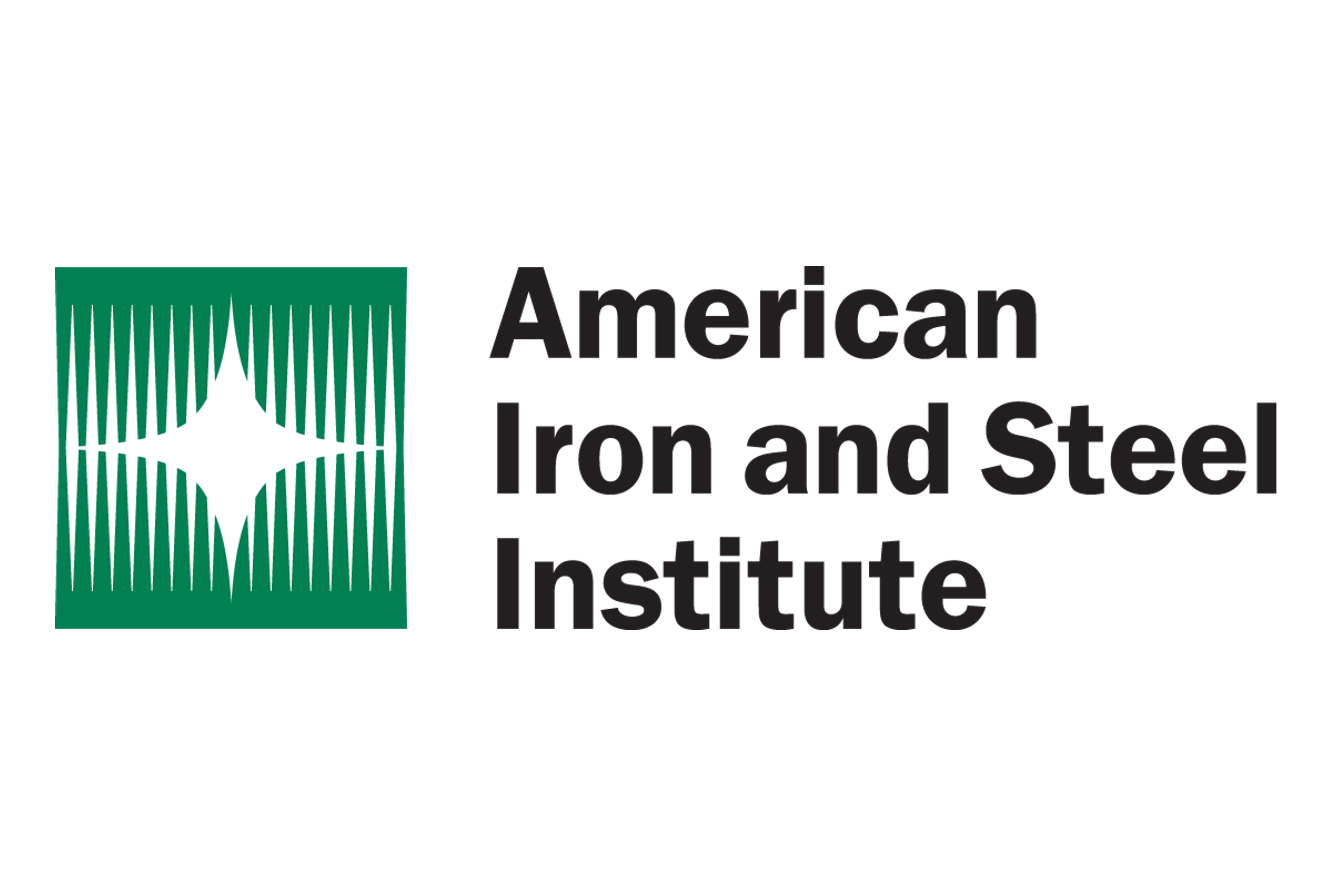Analysis

October 1, 2021
AGC: One-Third of Metro Areas Still Losing Jobs, Infrastructure Funds Needed
Written by David Schollaert
Job losses continue to have widespread effect on the construction sector. Nearly one-third of U.S. metro areas lost construction jobs during the 12-month period ended August 2021, reports the Associated General Contractors of America (AGC) in its latest analysis of government data.
As the fate of a bipartisan infrastructure bill remains uncertain in the U.S. House of Representatives, further job losses are occurring at a steady rate across the industry. The infrastructure funding, if passed, would give a much needed boost to demand in the sector, AGC said.
“While construction activity has rebounded from pandemic lows in many metros, the recovery is fragile,” said Ken Simonson, AGC’s chief economist. “Extreme production and delivery delays, along with continuing high materials costs, may lead to project cancellations and postponements that cut into job gains.”
Construction employment declined from a year earlier in 65 metros and held steady in 37. New York City lost the most jobs at 8,600 jobs or -6%, followed by Nassau County-Suffolk County, N.Y; Miami-Miami Beach-Kendall, Fla.; Calvert-Charles-Prince George’s, Md.; and Houston-The Woodlands-Sugar Land, Texas. The largest percentage declines were in Evansville, Ind.-Ky. at -14%, followed by Tuscaloosa, Ala.; Watertown-Fort Drum, N.Y.; Morristown, Tenn.; Victoria, Texas; and Gadsden, Ala.
Construction employment increased in 256 out of 358 metro areas over the last 12 months. San Diego-Carlsbad, Calif. added the most construction jobs, a total of 8,900 jobs or an 11% increase, followed by Sacramento-Roseville–Arden-Arcade, Calif.; Pittsburgh, Pa.; Boston-Cambridge-Newton, Mass.; and St. Louis, Mo. Lawrence-Methuen Town-Salem, Mass., had the highest percentage increase, up 26% or 900 total jobs, followed by Beaumont-Port Arthur, Texas; Bloomington, Ill.; and Sierra Vista-Douglas, Ariz.
Association officials urged members of both parties in the House to vote for the bipartisan infrastructure bill,
New funding is needed to modernize the nation’s aging highways and transit systems, said AGC, urging members of the House to vote for the bipartisan infrastructure bill. A delay in the bill’s approval will likely lead to the industry losing more construction jobs.
“This is the kind of infrastructure bill that Democrats and Republicans have been promising to pass for years now,” said Stephen Sandherr, AGC’s chief executive officer. “Failing to pass this measure will create new challenges for the economy.”







